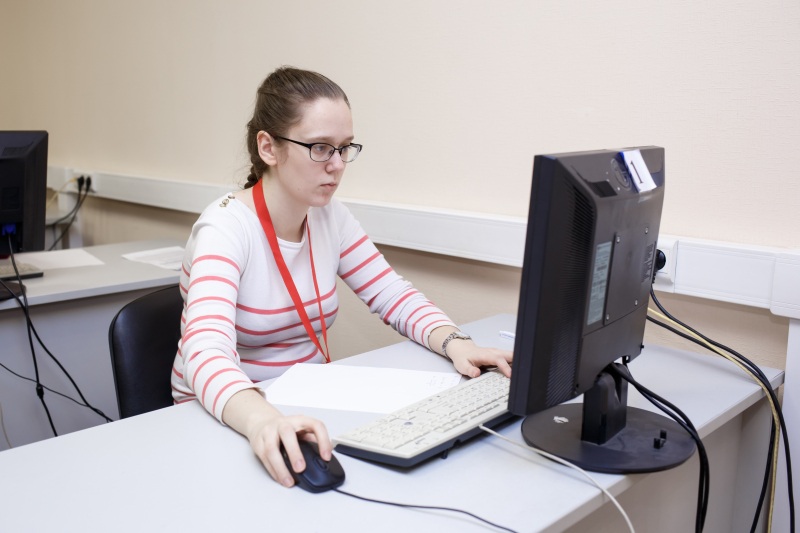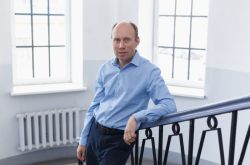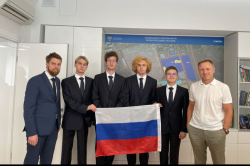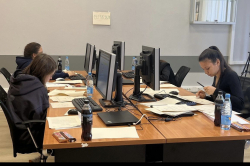Every year, hundreds of winners of computer science competitions are enrolled at ITMO, with around 609 prize holders entering the university this year. Training winners and runners-up of national and international contests requires a tailored training system. Known as an alma mater of ICPC stars, ITMO has been working on an approach for years not only by organizing its own competitions but also instructing promising students. For instance, the university’s Academy of Computer Science and Programming (part of the Information Technologies and Programming Faculty) offers courses on advanced and competitive programming, as well as exam preparation.
However, this isn’t enough. The heart of such a system is teachers. After all, they are the ones who instill love for certain disciplines in students and lay the foundation for their future success. This statement speaks to Alexander Mayatin, an associate professor at ITMO’s Information Technologies and Programming Faculty with years of teaching experience and a curator of ITMO’s program for school students in computer science.
“We’ve long realized that we should cooperate more with schools for the sake of our program. We can deliver courses and train students, even hundreds of them, but on a national scale this is only a drop in the sea. In fact, it’s clear that the primary source of knowledge and inspiration for students are their teachers. That’s why we want to help teachers give better guidance rather than try to do that by ourselves. This way, we’ll see more winners and medalists, including in our ranks,” says Alexander Mayatin.
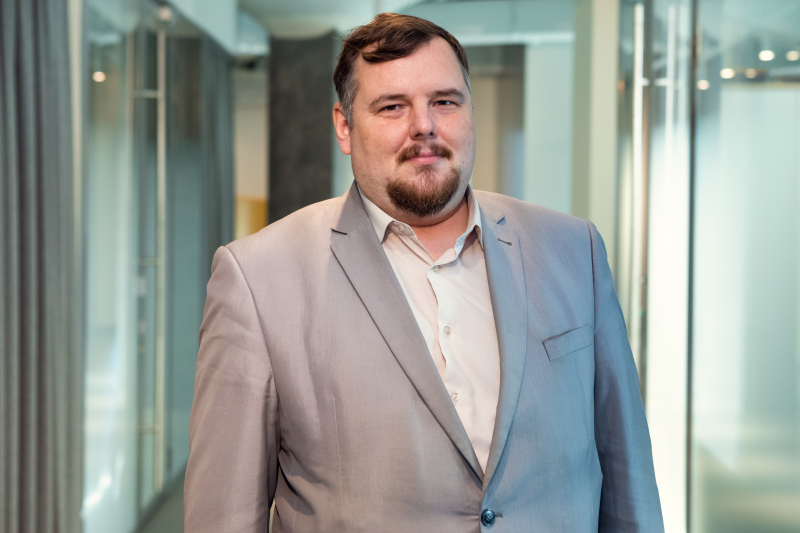
Alexander Mayatin. Photo by Dmitry Grigoryev / ITMO.NEWS
Ongoing projects
ITMO’s been working closely with school teachers since 2011, when the university received a presidential grant for the support of talented youth in IT. With this funding, ITMO was able to open several continuous professional development programs for teachers from St. Petersburg and other cities. The project, however, hadn’t gone into full force until last year, when it became part of ITMO’s 2030 Development Strategy.
As part of the strategy, the university opened a specialized center called Competition Center. Talent Guidance that helps students prepare for various competitions, conducts its own contests, hackathons, and training sessions, as well as instructs school teachers in advanced computer science.
In particular, ITMO is running a special course for teachers to prepare their students for competitions and exams. As noted by the project’s developers, the market lacks specialized training programs in this field, while the state professional development centers can only educate teachers on various digital tools and new educational standards. Besides, teachers are believed to be professionals in their fields – hence they require no further training.
Students can indeed prepare for exams using training manuals and demos, but that, though, won’t work with competitions because they present participants with different problems that oftentimes require a special theory-based approach.
“Textbooks teach students to solve certain problems but often even teachers don’t understand why they apply this method and not another. It might be enough for exams, not contests. Because competitions are full of wide-ranging tasks, students should be able to come up with their own solutions – and this is something teachers should help them with. While textbooks are all about fundamentals and examples – and manuals are relatively brief, teachers are extremely valuable due to their personal experiences and insights. They know how to correctly explain and illustrate a range of topics,” comments Alexander Mayatin.
The curriculum
The program focuses mainly on an in-depth study of the fundamentals of theoretical computer science (incl. numbers systems, coding, quantities of information, and algebraic logic), algorithmization and programming, as well as spreadsheets, databases, and telecommunication technologies. Also, the developers bring students’ attention to practical guidelines for addressing contest tasks and, most importantly, unfold the principles of their work. The program covers all the topics within the school program and offers problems from reputable Russian competitions.
Read also:
Results of ITMO University’s Admission Campaign 2022
Russian Team Triumphs at International Olympiad in Informatics 2022
ITMO.EduStars Winner and ICPC Star Coach Andrey Stankevich on Finding His Calling
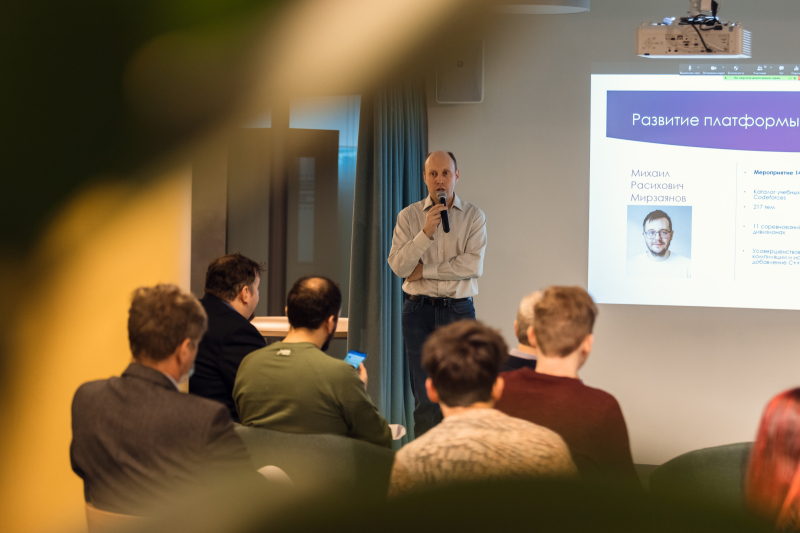
Andrey Stankevich, the head of the project Competition Center. Talent Guidance, an associate professor at ITMO, and an ICPC star coach. Photo by Dmitry Grigoryev / ITMO.NEWS
Yet the key part of the studies is an exchange of individual practices and techniques. At the end of the course, each student will complete a final assignment, be it a developed lesson plan for several classes or advanced-level tasks for other students. Their final projects will not only benefit the students but will also be featured in a workbook. So far, there’s no unified computer science workbook, with only separate tasks being available online – and even those are more exam-oriented, say the organizers.
All the materials will be aggregated by olymp.itmo – a platform offering livestreams of meetings and course lectures, problem analyses, guidelines, tasks and tests for students, etc. Soon, teachers will be able to adapt the tool to their needs by making free use of the tasks, uploading their own materials, inviting their students to the platform, conducting tests, tracking their students’ performance, and so on.
The platform is expected to become a convenient tool for students and teachers alike.
How to apply
At the moment, students can sign up for the course in October-November. The program is free of charge. Classes will be held online twice a week (for a total of 72 academic hours).
The program will be conducted by lecturers from ITMO’s Information Technologies and Programming Faculty with the support of the Office for Design and Implementation of Continuous Professional Development Programs. Moreover, the organizers are planning to invite school teachers to deliver on-site classes in St. Petersburg and other cities.
“We’re open to communicating with educators from other regions to scale up our project while adapting it to their local expertise,” concludes Dmitry Zubok, a project manager and an associate professor at the Information Technologies and Programming Faculty.
